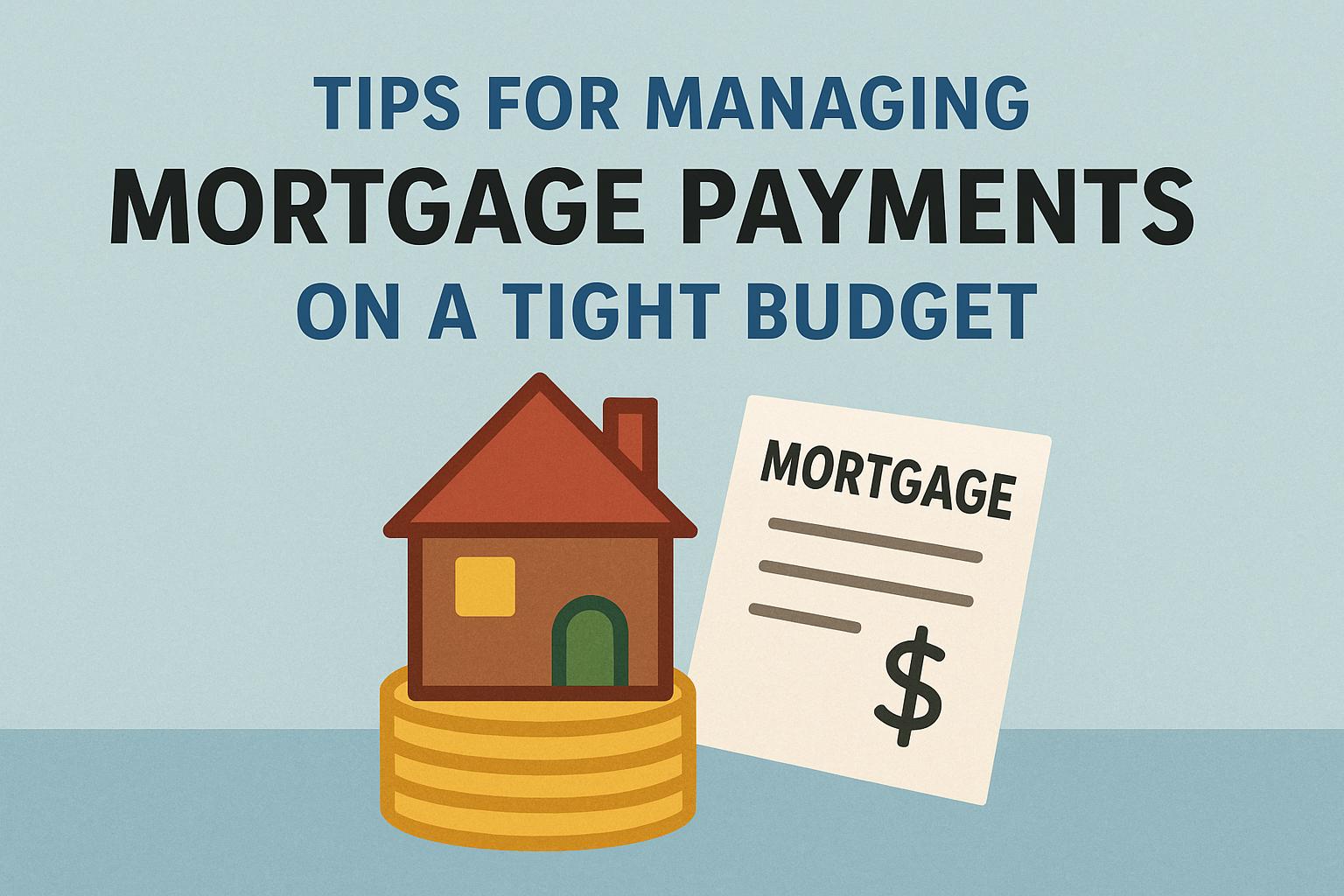
Managing your mortgage payments on a tight budget can certainly present challenges, yet it is paramount to ensure your long-term financial stability. One of the most effective strategies to tackle this is to become well-acquainted with the primary components that make up your mortgage payment. Typically, these components include the principal, interest, taxes, and insurance, often collectively referred to by the acronym PITI. Developing a comprehensive understanding of how each of these elements contributes to your overall payment amount can offer significant insights into evaluating your budget more accurately and planning for your financial obligations effectively.
The principal amount in your mortgage payment is the original sum of money borrowed from the lender, which gradually reduces as you make each monthly payment. The interest represents the cost you incur for borrowing this money, and it is typically based on the mortgage rate agreed upon with the lender. Taxes usually refer to the property taxes assessed by your local government, while insurance encompasses the necessary coverage to protect your home and provides you with financial security in cases of unforeseen events. By dissecting each component, you can obtain a clearer picture of how much you owe and why, enabling you to plan your finances accordingly.
A crucial step in managing mortgage payments effectively is establishing a meticulous and all-encompassing financial plan. This process begins with an in-depth assessment of your overall financial situation, considering your total income, routine expenses, and any other outstanding debt obligations you might have. It is imperative to create a detailed budget that meticulously allocates a specific portion of your income expressly for covering your mortgage payments. In today’s digital age, numerous online budgeting tools and financial applications are available to streamline and make this process more efficient.
When financial resources are constrained, it becomes essential to prioritize your mortgage payments above other discretionary or less critical expenditures. Falling behind on these payments can result in grave consequences, including the potential loss of your home through foreclosure. By making deliberate cuts in non-essential spending, such as dining out or expensive entertainment, you can free up additional funds to be dedicated to this essential financial obligation.
It may be worthwhile to explore refinancing options for your mortgage as a means to reduce your monthly payments. Refinancing can offer the benefit of a lower interest rate or allow you to extend the term of your loan, both of which can contribute to decreasing the amount you need to pay each month. Engaging in thorough research and comparison of different lenders will aid you in discovering the most advantageous refinancing opportunities for your particular situation.
For individuals facing difficulties in meeting mortgage payments, establishing clear lines of communication with your lender is of utmost importance. Should you be struggling to make timely payments, it is essential to contact your lender immediately. Many lenders are willing to offer assistance, such as forbearance or other tailored relief programs, which can provide temporary respite and prevent your financial problems from escalating. Taking a proactive approach to negotiations can avert future monetary distress and safeguard your home.
Furthermore, it is beneficial to inquire about government assistance programs specifically designed to support those experiencing financial hardship related to their mortgage. The U.S. Department of Housing and Urban Development (HUD) provides a variety of resources and counseling services aimed at assisting homeowners in maintaining their financial responsibilities effectively. Engaging with these programs can yield valuable support and guidance.
Establishing an emergency fund plays a critical role in creating a financial safety net for trying times. The aim should be to set aside a modest portion of your income regularly in order to build this fund gradually. An emergency fund has the potential to offer crucial support to bridge financial gaps and cover mortgage payments during periods of unexpected income disruption or economic difficulty.
Finally, consider the benefits of seeking guidance from a professional financial advisor. Leveraging the expertise of a financial advisor can provide you with personalized strategies and tailored suggestions that align with your unique financial goals and constraints. Engaging with expert advice can often lead to more efficient and effective management of mortgage payments, ensuring that you are well-positioned to meet your financial obligations reliably.
In conclusion, by deepening your understanding of your mortgage and adopting a proactive approach to your financial planning, you can maintain effective and strategic management of your mortgage payments, even when operating under a tight budget. Engaging with available resources, seeking professional guidance, and maintaining open communication with your lender are all critical avenues for successfully navigating mortgage payments and achieving financial security.
This article was last updated on: October 17, 2025